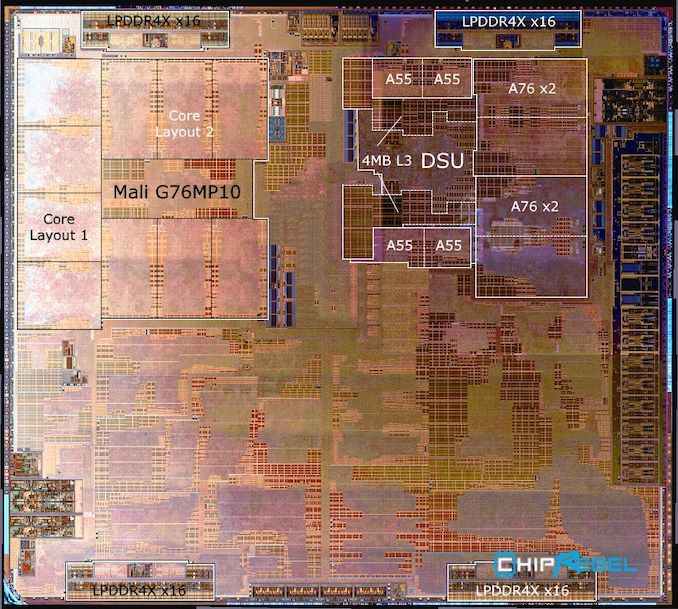
Just after Taiwanese chipmaker TSMC announced it will have 5nm processors ready next year, now The company has announced that it has started mass production of its second generation 7nm + process.
The 7nm+ process takes over from the 7nm technology used in current flagship chipsets such as the Kirin 980, Bionic A12 and the Snapdragon 855.
The company is using the EUV lithograph for the first time in production. This is more complex and advanced than that currently used in high-performance processors. (Discover: Best-performing processors for smartphones, according to Master Lu)

Huawei Kirin 980 7nm in detail
The 7nm+ process will be used in the next-generation Apple A13 chipset, as well as Huawei's Kirin 985, which would be introduced later this year, like Apple's. It could also be implemented in the successor to Qualcomm's current SD855.
In a recent development, several reports claimed that TSMC will continue to supply parts to Huawei for the upcoming Kirin 985 to be used in the Mate 30 and in the following flagships, successors of this one from the Chinese firm. This has been confirmed, amid mounting pressure from the United States government on allies to boycott Huawei's technology.
On the other hand, as we peek at the beginning, the company has also started the initial production of 5nm process SoC's with EUV technology. Mass production is expected to start in Q2020 5, so by the middle of next year we should start to see 2020nm TSMC chipsets on the market, around June XNUMX.
Thanks to these movements, it is evident that the Taiwanese firm plans to continue to remain the main option to choose from among chipset manufacturers to develop its processors for smartphones. Qualcomm, Huawei and Apple are three of them.